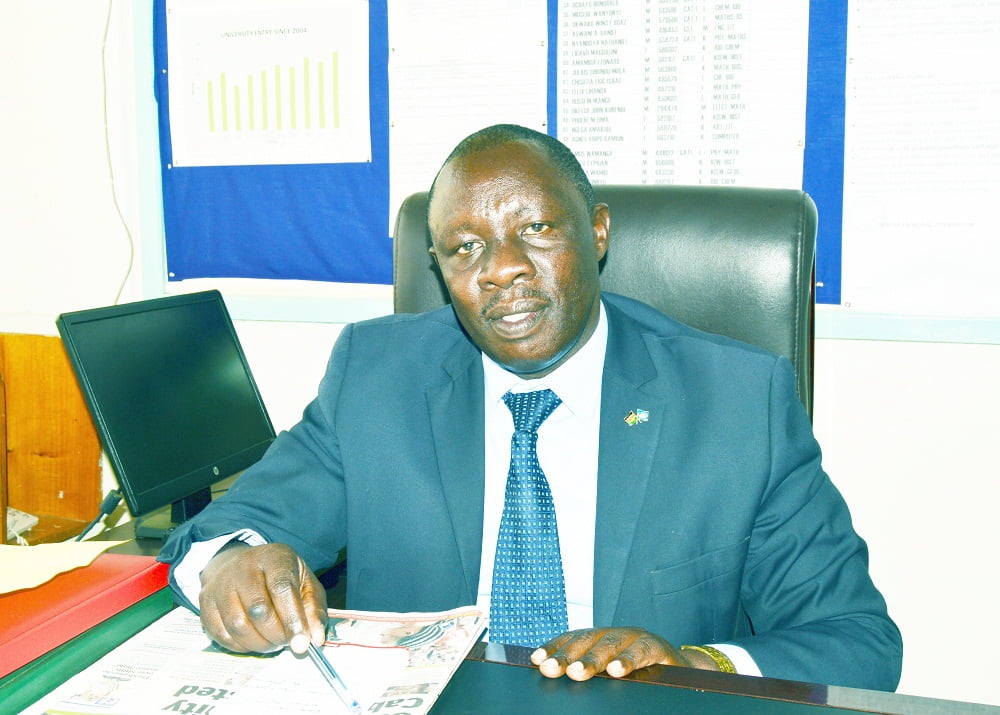As the first phase of the 2025–2029 Collective Bargaining Agreement (CBA) takes effect this July, discontent is simmering among Kenyan teachers — but a leading education stakeholder now says the blame lies not with the Teachers Service Commission (TSC), but with the teachers’ unions themselves.
Ndung’u Wangenye, the National Secretary of the Education Stakeholders Association of Kenya (ESAK), in a statement, has accused unions of failing their members by neglecting timely negotiations and instead prioritising social welfare ventures over their core mandate: salary advocacy.
“If there’s anything wrong with the implementation of this CBA, the blame lies squarely with the unions — not TSC,” said Wangenye. “You can’t expect results when you show up at the negotiation table only at the eleventh hour.”
Teachers posted in arid and hardship regions have voiced their frustration that the CBA’s first phase adjustments excluded any increase in hardship allowances. Many feel abandoned.
“Teachers on the frontline in hardship zones were left behind again, and that’s because their unions failed to speak up for them,” Wangenye noted. “Had the unions been proactive, these glaring gaps would have been addressed.”
READ ALSO:
Schoolchildren join farmers at Makueni Agricultural Show to explore smart farming techniques
Tensions are also rising around the unions’ increasing preoccupation with managing social welfare funds — a role Wangenye believes is best left to individual teacher welfare groups across counties.
“Instead of fighting for salaries, unions are now more concerned about controlling welfare contributions. That’s not their job,” he asserted. “They’ve blurred the line between representation and profiteering.”
Despite the frustrations, Wangenye lauded the current leadership of the TSC for its open-door policy.
“We now have a CEO who is consultative and listens to teachers. If the unions had approached her early with practical proposals, we wouldn’t be having these afterthought protests,” he said.
In a stern final remark, Wangenye called for an urgent national conversation to scrutinisescrutinize the unions’ actual contributions to CBA negotiations.
“Equity aids the vigilant, not the indolent. Teachers deserve unions that fight for them — not ones that sleep through negotiations and wake up to complain,” he concluded.
With the education calendar already under pressure, stakeholders now hope that poor union planning won’t spill over into classroom disruptions.
By Joseph Mambili
You can also follow our social media pages on Twitter: Education News KE and Facebook: Education News Newspaper for timely updates.
>>> Click here to stay up-to-date with trending regional stories
>>> Click here to read more informed opinions on the country’s education landscape
>>> Click here to stay ahead with the latest national news






